Fascaplysin (chloride)|CDK4 inhibitor
Modify Date: 2025-08-26 07:27:43
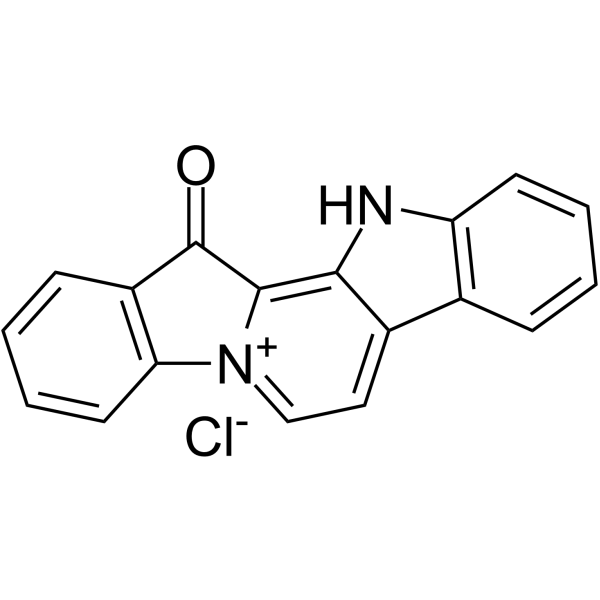
Fascaplysin (chloride)|CDK4 inhibitor structure
|
Common Name | Fascaplysin (chloride)|CDK4 inhibitor | ||
|---|---|---|---|---|
| CAS Number | 114719-57-2 | Molecular Weight | 306.75 | |
| Density | N/A | Boiling Point | N/A | |
| Molecular Formula | C18H11ClN2O | Melting Point | N/A | |
| MSDS | N/A | Flash Point | N/A | |
Use of Fascaplysin (chloride)|CDK4 inhibitorFascaplysin is an antimicrobial and cytotoxic red pigment, that can come from the marine sponge (Fascaplysinopsis sp.). Fascaplysin has been synthesized in seven steps from indole (65% yield). Fascaplysin can induces apoptosis and autophagy in human leukemia HL-60 cells. Fascaplysin shows anti-tumor activity[1][2]. |
| Name | Fascaplysin |
|---|---|
| Synonym | More Synonyms |
| Description | Fascaplysin is an antimicrobial and cytotoxic red pigment, that can come from the marine sponge (Fascaplysinopsis sp.). Fascaplysin has been synthesized in seven steps from indole (65% yield). Fascaplysin can induces apoptosis and autophagy in human leukemia HL-60 cells. Fascaplysin shows anti-tumor activity[1][2]. |
|---|---|
| Related Catalog | |
| In Vitro | Fascaplysin induces autophagy as a cytoprotective response via ROS and p8 in vascular endothelial cells (VECs)[2]. Fascaplysin targets metabolic activity of the prostate cancer cells, without disrupting cell membrane's integrity[2]. .Fascaplysin induces caspase mediated crosstalk between apoptosis and autophagy through the inhibition of PI3K/AKT/mTOR signaling cascade in human leukemia HL-60 cells[2]. |
| In Vivo | Fascaplysin suppresses the growth of S180 cell-implanted tumors in vivo[2] |
| References |
| Molecular Formula | C18H11ClN2O |
|---|---|
| Molecular Weight | 306.75 |
| Exact Mass | 306.05600 |
| PSA | 36.74000 |
| LogP | 0.14620 |
| Hazard Codes | Xi: Irritant; |
|---|---|
| Risk Phrases | R36/37/38 |
| Safety Phrases | S26 |
| fascaplysine |
| GNF-PF-1458 |
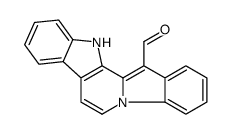 CAS#:132911-52-5
CAS#:132911-52-5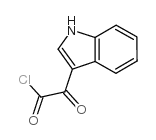 CAS#:22980-09-2
CAS#:22980-09-2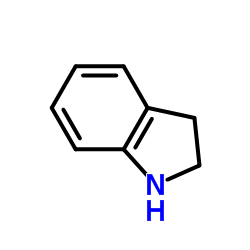 CAS#:496-15-1
CAS#:496-15-1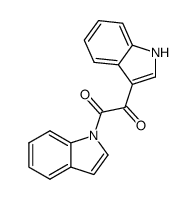 CAS#:65610-76-6
CAS#:65610-76-6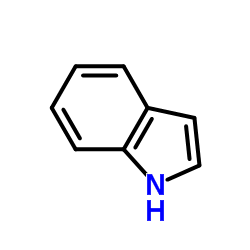 CAS#:120-72-9
CAS#:120-72-9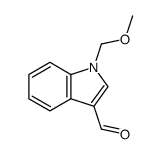 CAS#:73540-77-9
CAS#:73540-77-9 CAS#:146336-96-1
CAS#:146336-96-1